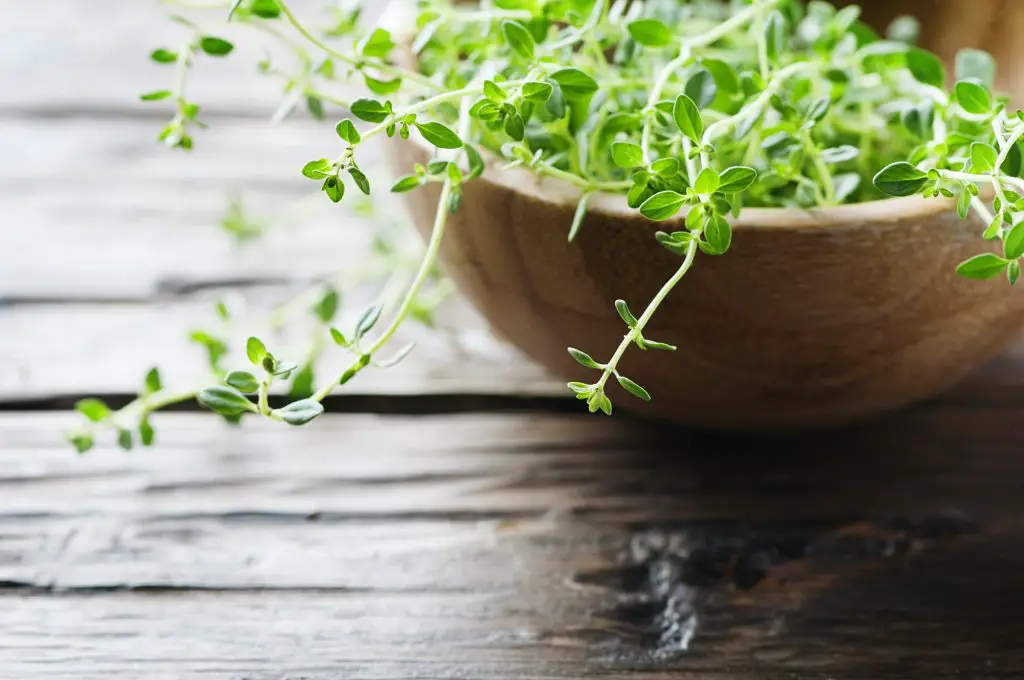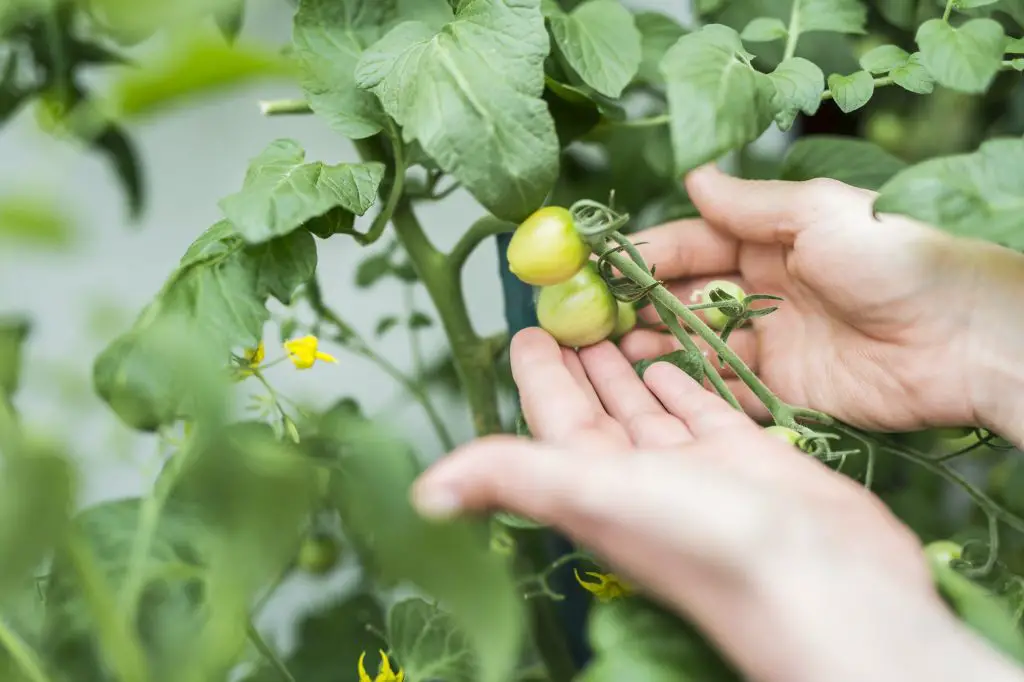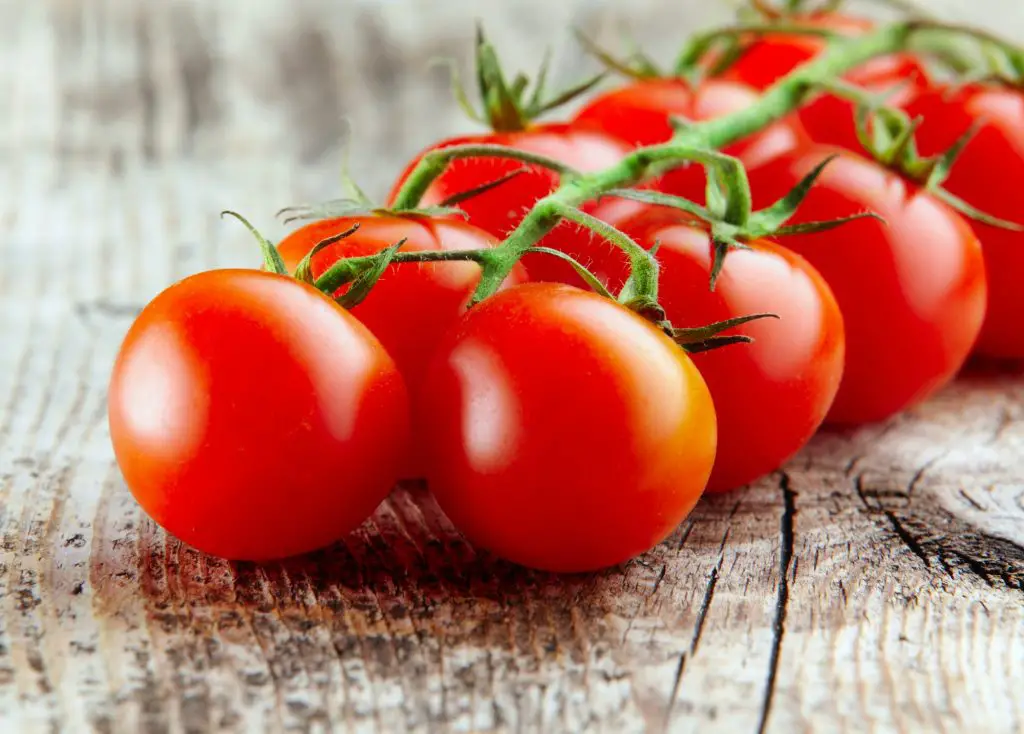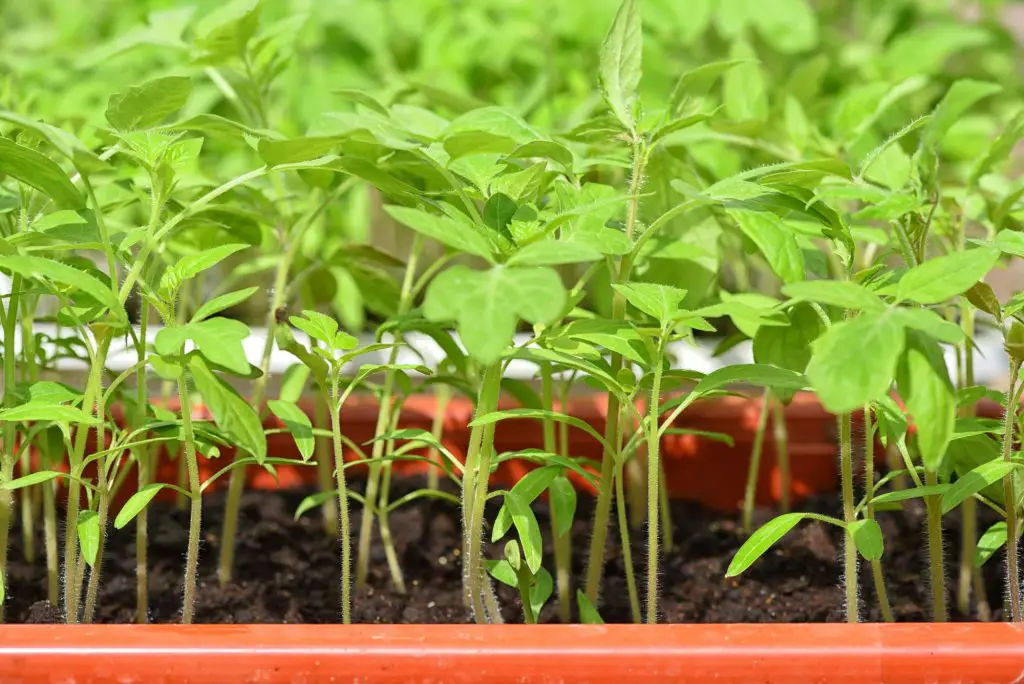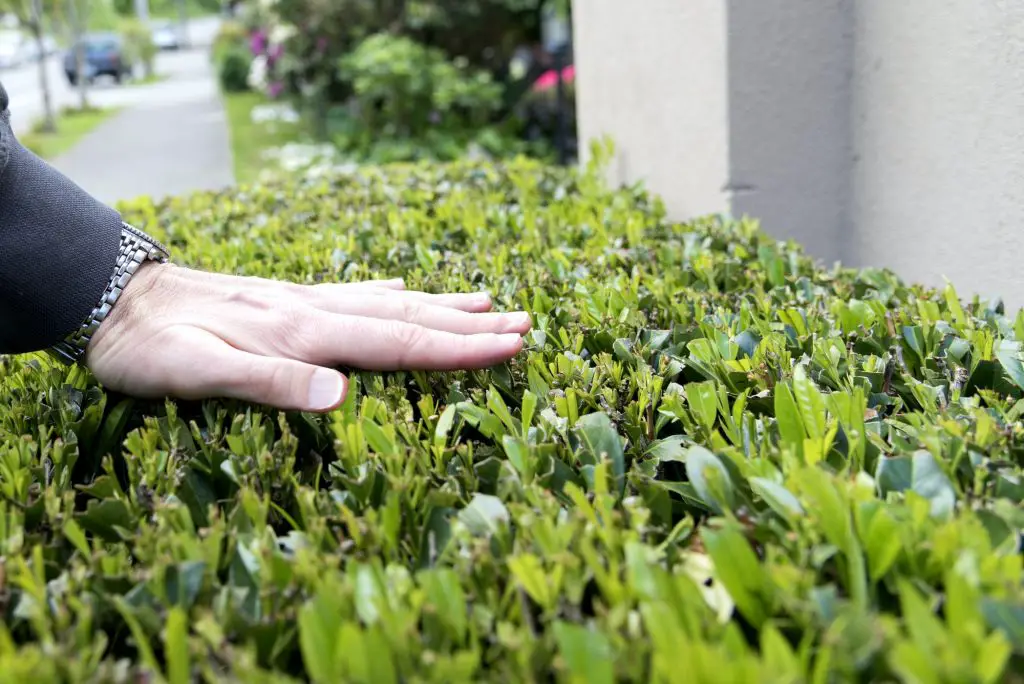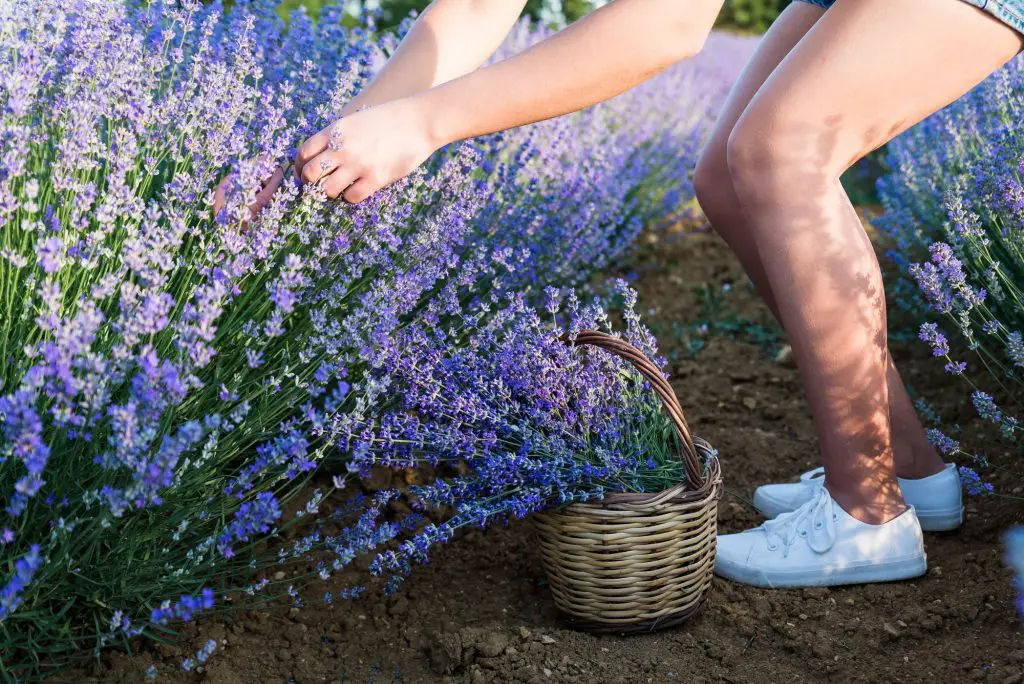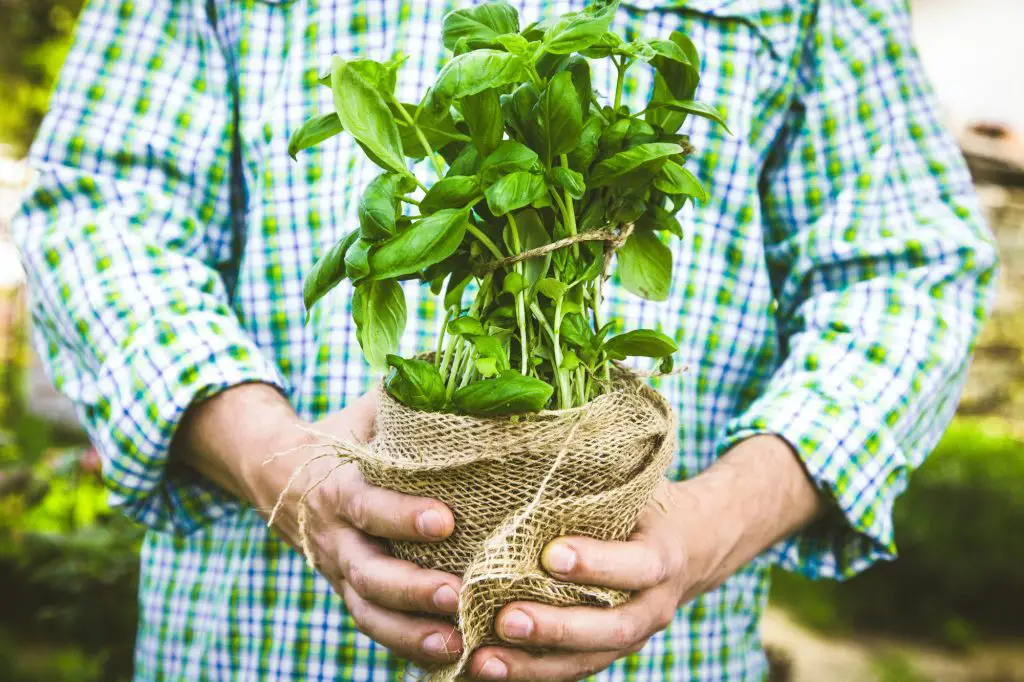In a garden, having a good companion plant with each crop is sure to help them grow healthier and tastier. Thyme in particular is a herb with aromatic qualities that will attract honeybees which will help with pollination. Thyme effectively helps repel crop pests such as cabbage worms, flea beetles, corn earworms, and tomato hornworms.
There are lots of reasons to have thyme planted in your garden and it gives more benefits than it receives as a companion.
Thyme is one of the best companion plants to most crops. It is very easy to plant and maintain and you can have it protect some of your plants as well.
Before you go ahead and have it planted with different crop species, you should know about the best companion plant for it. The combination of a predator-attracting herb like thyme and pest repelling plants will ensure you have a healthy harvest.
Table of Contents
10 Best Companion Plants For Thyme
Thyme is regarded as one of the most friendly and compatible herbs in your garden but just like every other plant, it might be compatible with some plants and not so great with some. The successful cultivation of any plant requires knowledge of the type of plants to grow near it. So, here are some of the best companion plants for thyme.
1. Potatoes
Thyme and potatoes are not just great companions on the plate but in your garden as well. Thyme can help attract parasitic wasps that will prey and deter potato beetles. Potatoes can also be planted nest to chamomile and basil. This herb can help improve your potatoes’ flavor and growth.
2. Shallots
These are very similar to onions and also great companions to thyme. Thyme enhances the flavor of shallots and also works as a deterrent to worms.
3. Tomatoes
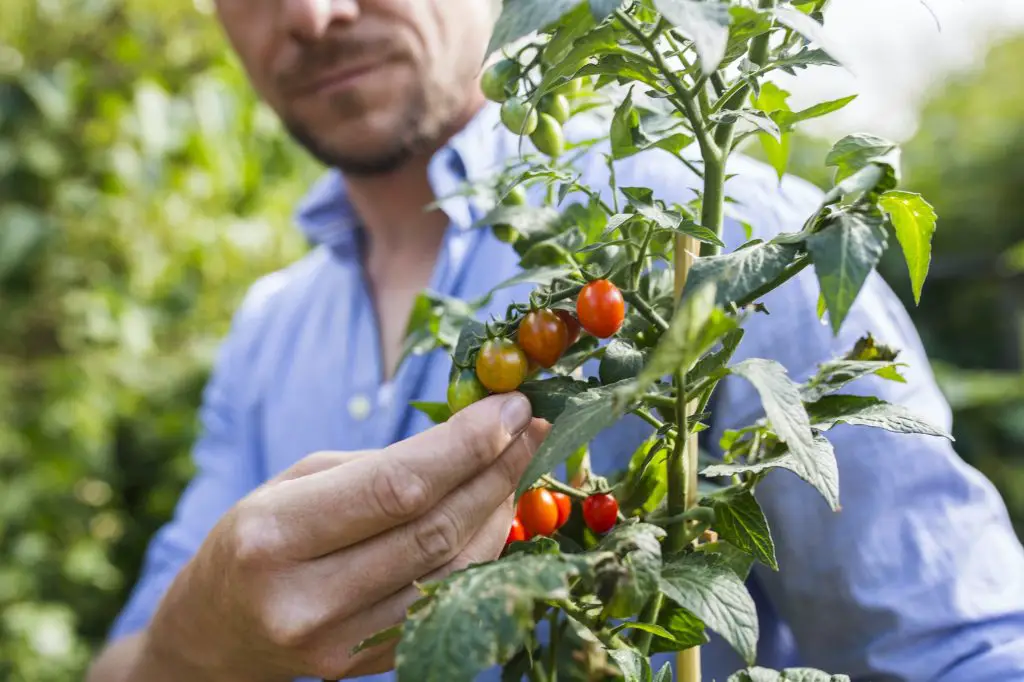
The hornworm is the tomato’s most detrimental garden pest and thyme can help deter this pest. Tomatoes are also another crop that its flavor gets enhanced when planted in close proximity with thyme. To also get rid of white lilies and boost the defenses of tomatoes against them, thyme is the perfect companion plant.
4. Strawberries
Strawberries are usually the first plant farmers consider planting with herbs. The aromatic smell from thyme help discourages marauders from feeding on the berries. Planting thyme between strawberries can also help smother weeds and provide ground cover which ensures your soil stays moist.
5. Eggplants
Aromatic herbs such as thyme are a great plant to grow near eggplants. Thyme is a great companion plant to this nightshade by serving as organic deterrents for garden moths.
6. Roses
If you are on the lookout for flowers that benefit from thyme then roses are the most considered option. It’s had to keep roses safe from aphids and blackflies but having thyme planted acts as a pesticide against these pests.
7. Salad Burnet
Salad burnet is an attractive perennial plant that is grown for its medicinal uses and edible leaves and planting it near thyme can help it thrive. It also has astringent purposes, adds perfume to the garden, and having it planted with thyme creates a delightful scent.
8. Blueberries
If you have blueberries planted in your garden then you have thyme planted as its companion plant to attract honey bees for pollination. Thyme tolerates moderately acidic soil while blueberries may require a higher acidity but thyme is a hardy and useful herb to grow around berries.
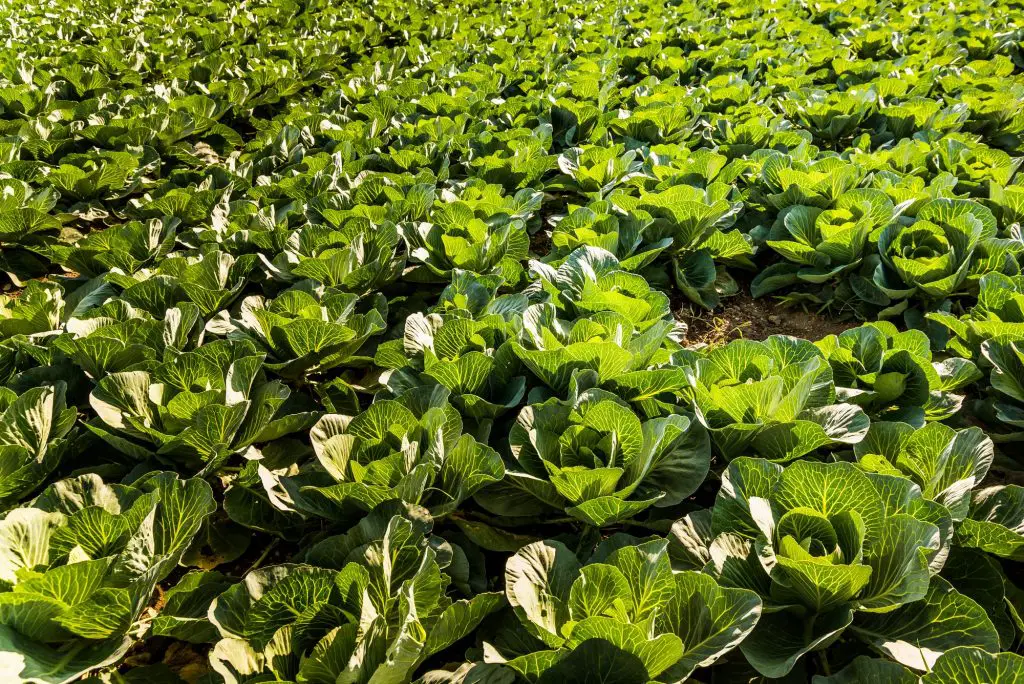
9. Cabbage
Cabbage family crops such as kohlrabi, Brussels sprouts, kale, cauliflower, and broccoli are all great companion plants to thyme. These plants can easily attract pests such as cabbage worms, aphids, cabbage moths, cabbage loopers, and flea beetles. However, thyme works as an effective repellent for all these pests.
10. Lavender
Lavender is another plant often considered as a companion plant to most Meditteranean herbs as they share similar growing requirements. Thyme is a small creeping plant that will do very well when planted in close proximity with lavender.
Plants You Shouldn’t Grow Near Thyme
Growing thyme with companion plants is mostly beneficial to the other plants. Thyme is an easy crop to cultivate and like other aromatic herbs, it works well with many garden plants in increasing yield and boosting defenses. However here are some plants that should not be planted directly with thyme.
1. Chives
Chives enjoy soil that is moist and isn’t too dry or sandy but can not be planted directly with thyme which likes it sandier and drier although requires little maintenance.
2. Basil
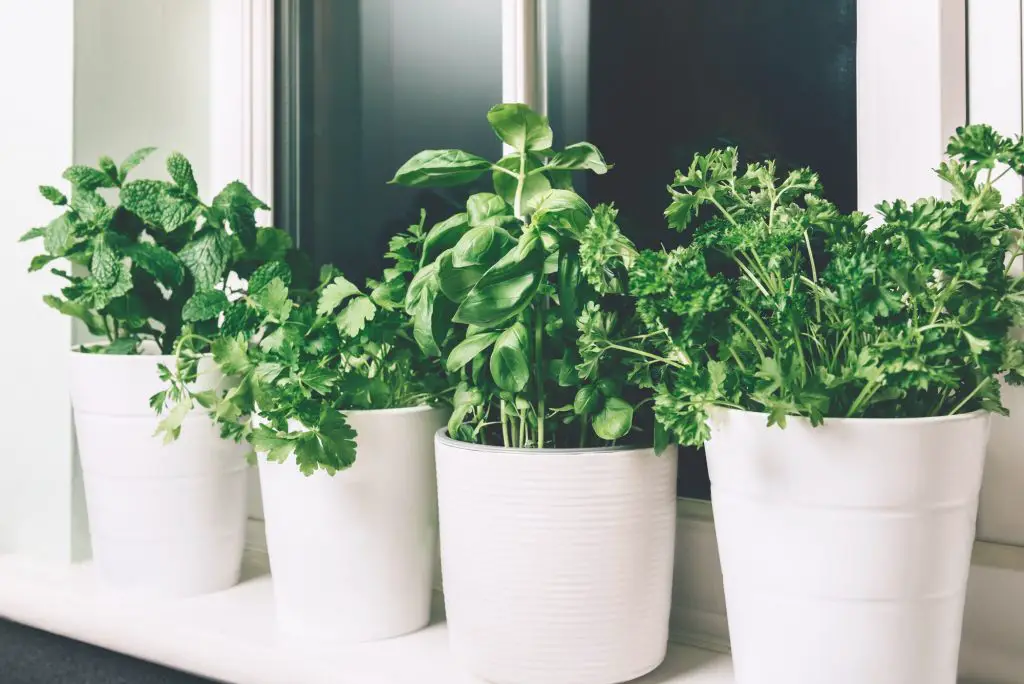
Basil is one of the herbs that prefer the company of vegetables over other herbs hence it should be kept away from thyme.
3. Cilantro
Cilantro is a great companion plant to many crops as it attracts beneficial insects however you might have to keep it away from your thyme. Cilantro prefers a more moist soil so should not be planted with thyme.
FAQ
Is Rosemary the same as thyme?
Both belong to the same mint family but they are two different herbs. Rosemary has longer leaves than thyme and bitter taste but is often used for the same purposes.
Does thyme last through winter?
Yes, thyme is a plant considered semi-evergreen, it will retain some of its foliage during winter but not all. The key to making it last through winter is good drainage and winter mulch.
Is lemon thyme an annual or perennial?
Lemon thyme is perennial plants that are easy to grow and they do all the work itself. These highly aromatic herbs perform well in moderately sunny garden locations.
Where should I plant thyme?
Thymes are best planted with other drought-tolerant perennials and it grows best in full sun. Plant thyme in soil with excellent drainage.
Is thyme an indoor plant?
You can definitely have thyme planted indoor but keep in mind that it requires plenty of sunshine and well-drained soil.
Do parsley and thyme go together?
Absolutely, parsley goes well with thyme and other herbs such as basil, rosemary, sage, coriander, dill, and oregano.
How cold can thyme tolerate?
Thyme might be a cold-hardy plant but prefers a mild climate and it can survive temperatures below freezing. It tends to tolerate cold better in well-drained soil.
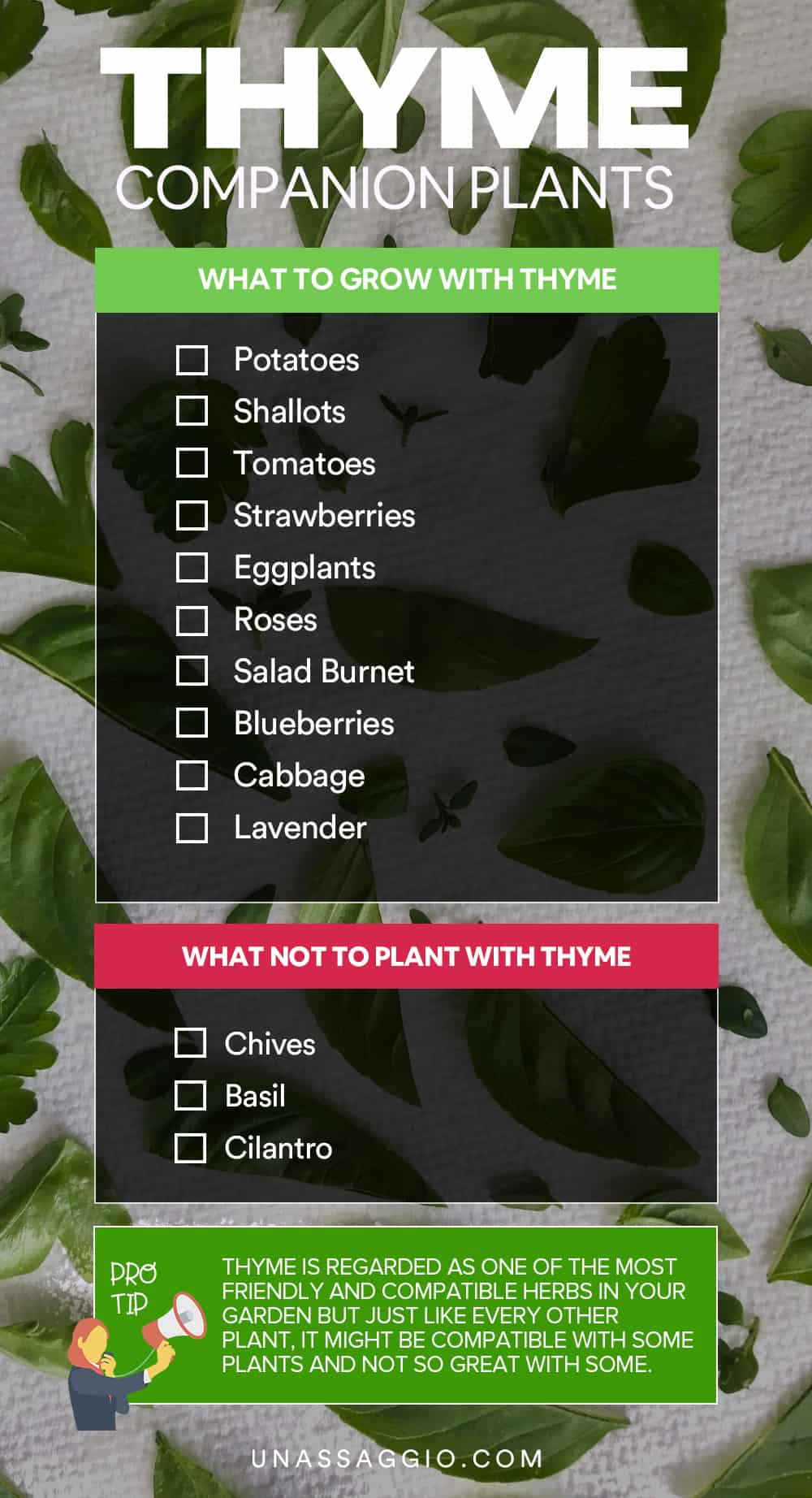
Final Thoughts
Thyme is amazing and not only improves the taste of your food but also improves the flavor of its companion plants. It can flourish next to a lot of plants in the garden but it’s essential you know which is more beneficial to plant with it.
Companion planting isn’t science but has been around for a while to help farmers grow healthier and tastier crops. Hence take advantage of the companion plant chart for thyme above to help you reap multiple benefits.

